Two bills that would have provided reparations to the descendants of enslaved Black Americans were withdrawn from consideration in the California legislature. After supporters questioned the bills’ viability, protests broke out.
Democrat state Sen. Steven Bradford of Inglewood expressed, “We’re at the finish line, and we, as the Black Caucus, owe it to the descendants of chattel slavery, to Black Californians and Black Americans, to move this legislation forward.”
Bill 1331 and 1403
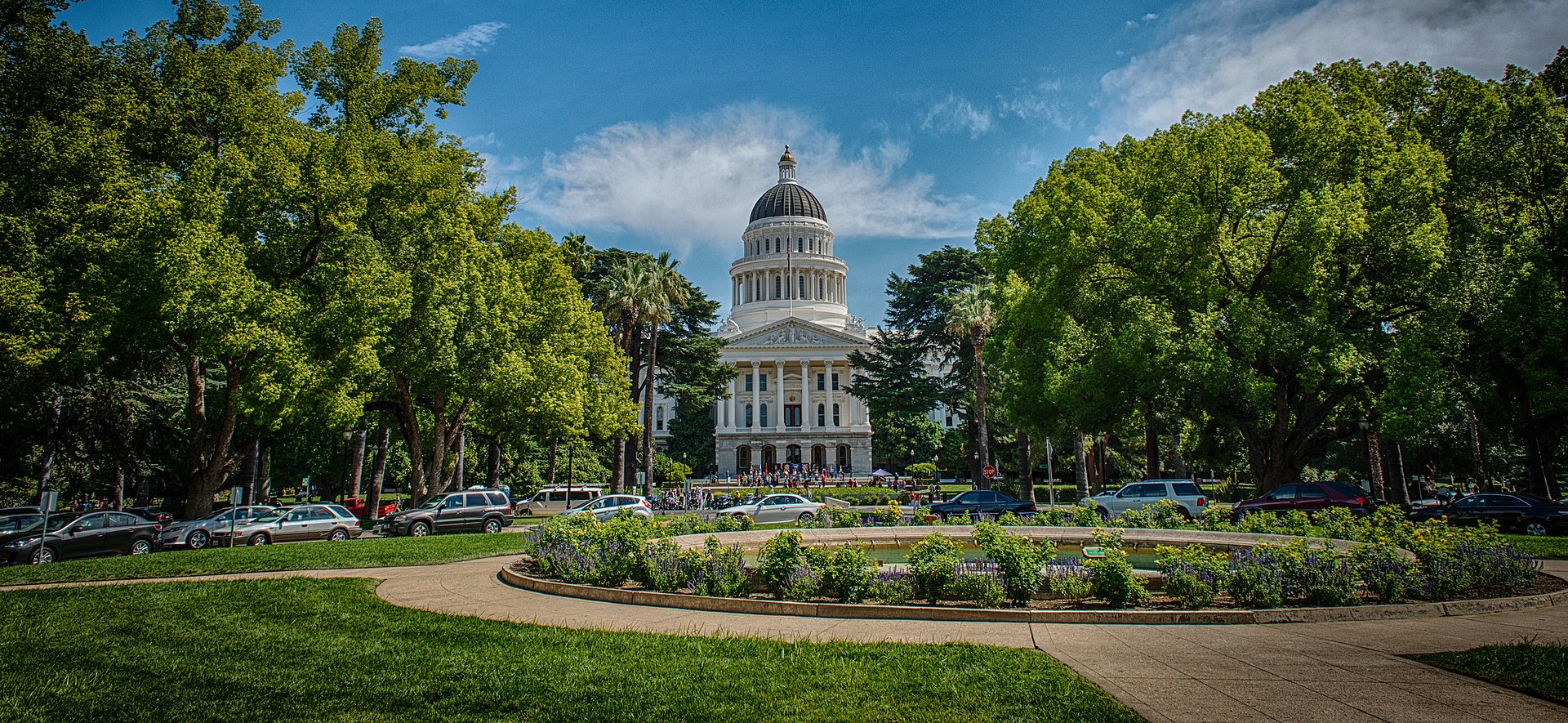
Senate Bill 1403 sought to create an agency to manage initiatives for reparations while Senate Bill 1331 aimed to establish a state fund for reparations.
Direct payments to African Americans were not included in any of the other measures that the Democratic-led California legislature passed to address racial injustices.
“Uphill Battle”

“We knew from the beginning that it was an uphill battle,” said Assemblymember Lori Wilson, chair of the California Legislative Black Caucus, “And we also knew from the very beginning that it would be a multiyear effort.”
According to the CLBC, “We are well past the amendment deadline; therefore, the decision has been made to continue working on this bill and reintroduce it in the next session. Regarding the status of Senate Bill 1331, the CLBC will not be moving it forward this year.”
Having the Votes
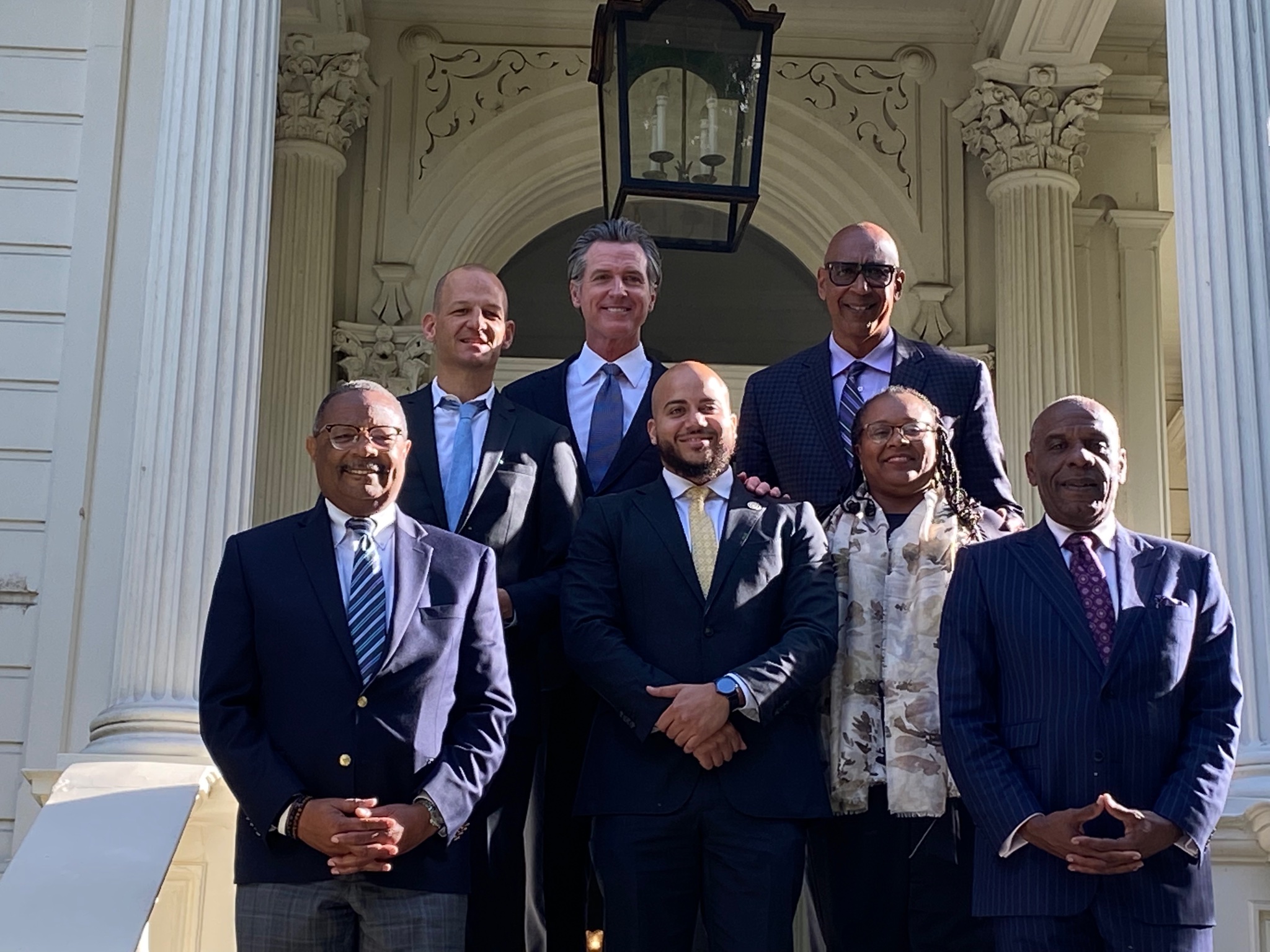
The California Legislative Black Caucus made the decision to delay both bills so that they could be improved further. Reparations advocates protested in response, claiming legislators failed to act despite having the necessary votes for passage.
The Coalition for a Just & Equitable California stated, “This kind of selling out can’t go unanswered.”
CJEC Response
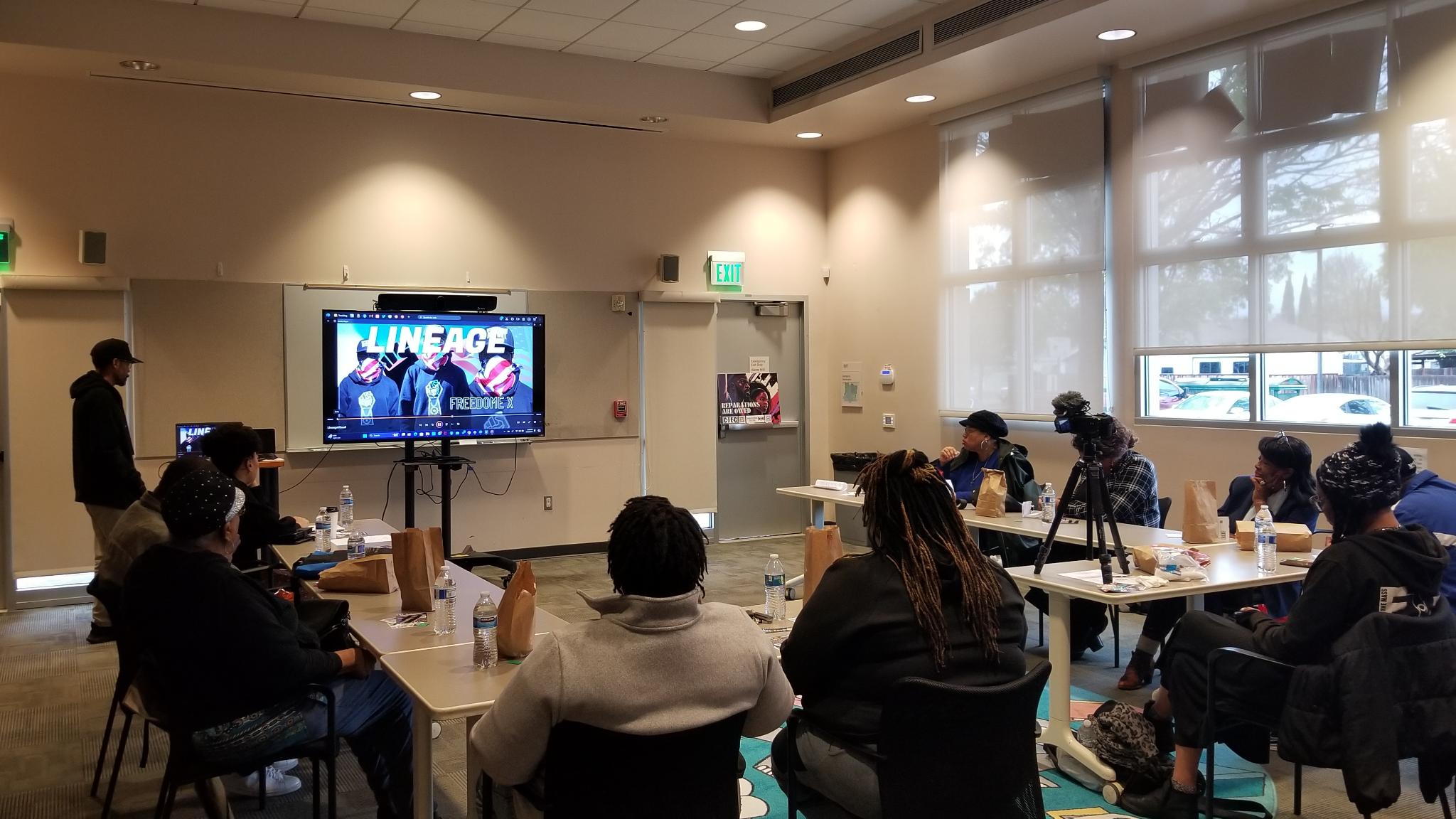
CJEC continued in their response, “There must be a political price to pay. Gone are the days when politicians of any race or party can disrespect Black Americans and expect no political consequences. We are not captured.”
“We do not belong to any party or special interest. We are the living embodiment of our Ancestors who built this state and this country over 400 years and who are owed Reparations. We’re coming…No…We’re HERE, to get our checks and more.”
“The People Were Owed a Hearing”
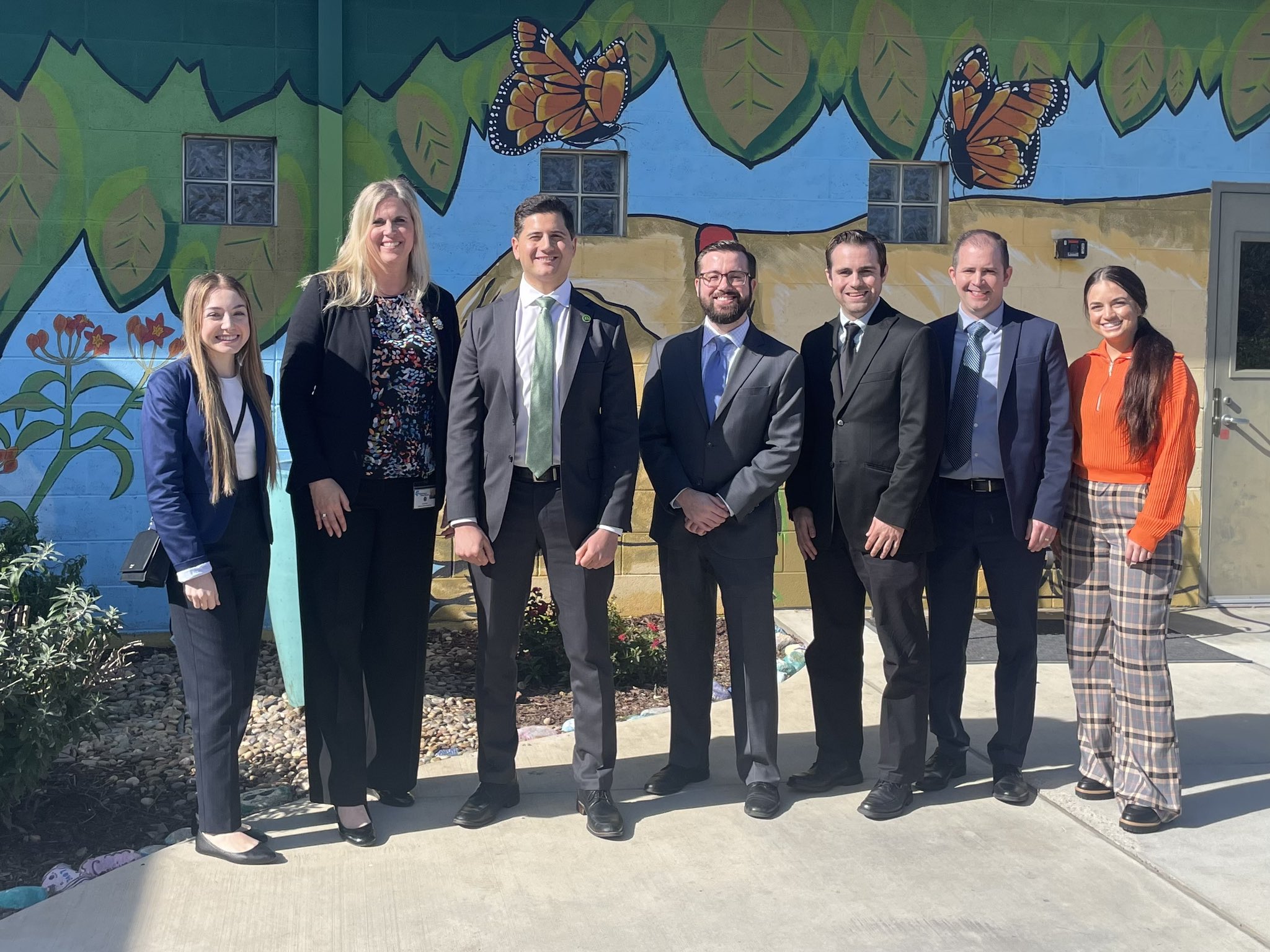
California Republican Assemblymember Bill Essayli said in response to the bills, “Politicians cannot be allowed to make promises to the people who elect them, and then hide like cowards when it’s time to go on record.”
“At minimum, the People were owed a hearing and opportunity to know where their elected representative stands on the issue.”
Newsom’s Position
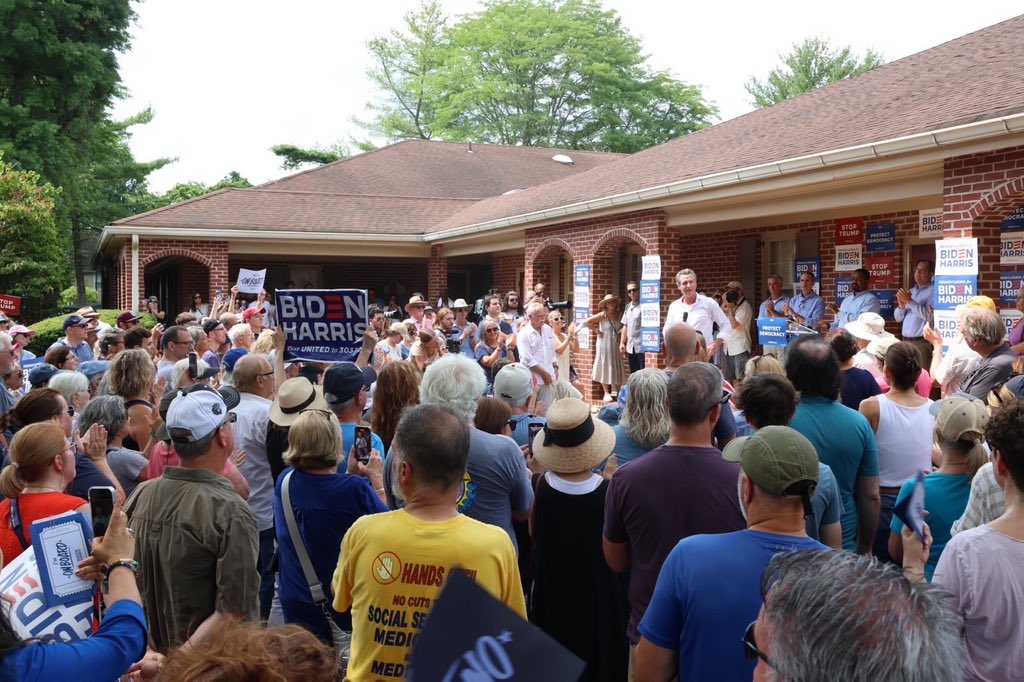
Governor Gavin Newsom has not taken a conclusive position on these particular bills, in spite of the fact that he indicated awareness of the reparations report and has been working together with the Black Caucus.
The measures were considered to be a key part of some lawmakers’ efforts to pass legislation in order to atone for what they consider a legacy of racist policies that created disparities for Black people from housing to health and education.
“The World is Watching California”
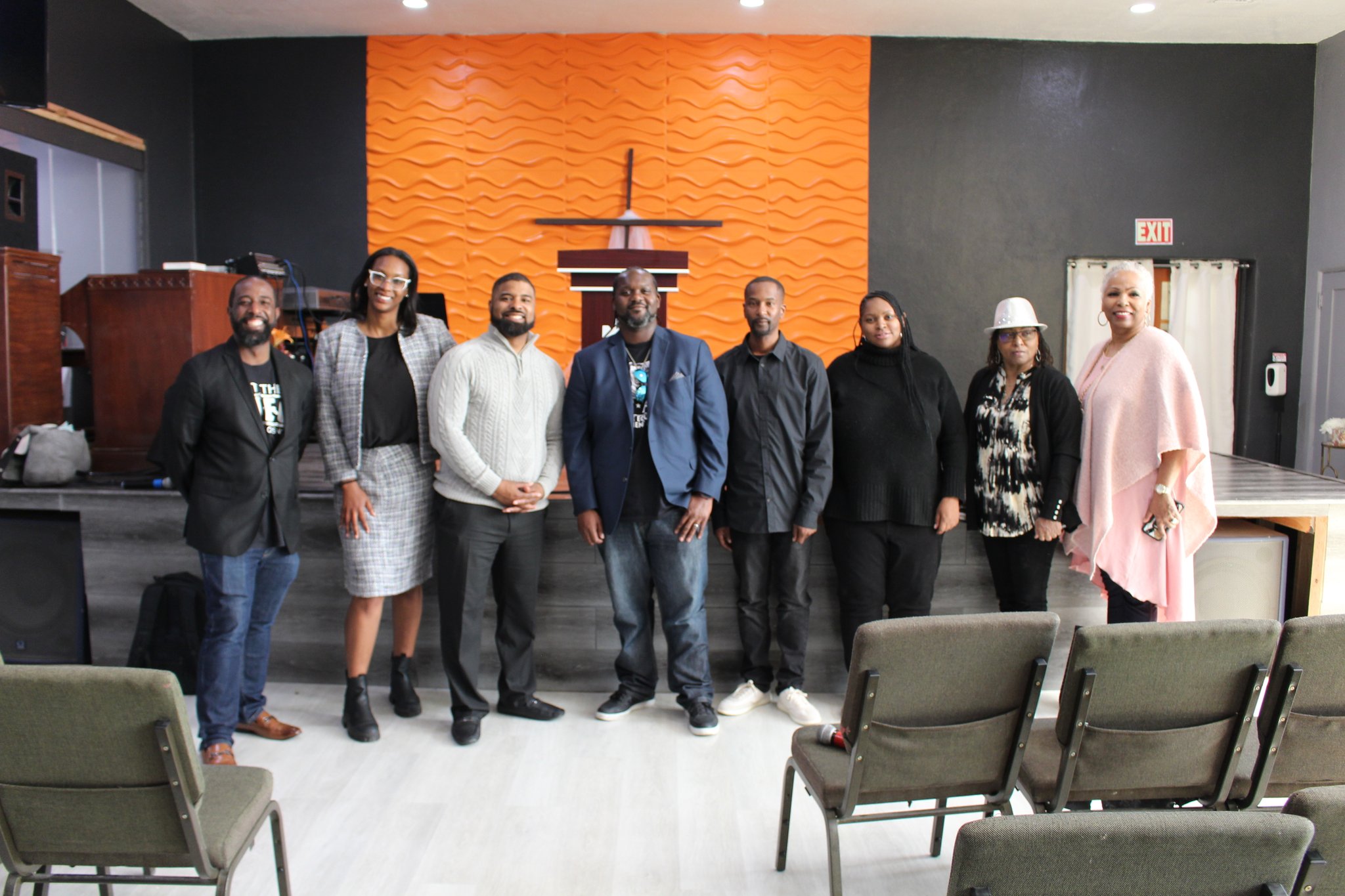
A member of CJEC stated on X, “The governor needs to understand the world is watching California and this is gonna have a direct impact on your friend Kamala Harris who is running for president.”
“This is going to have a direct impact, so pull up the bills now, vote on them and sign them. We’ve been waiting for over 400 years.”
Bill Origins
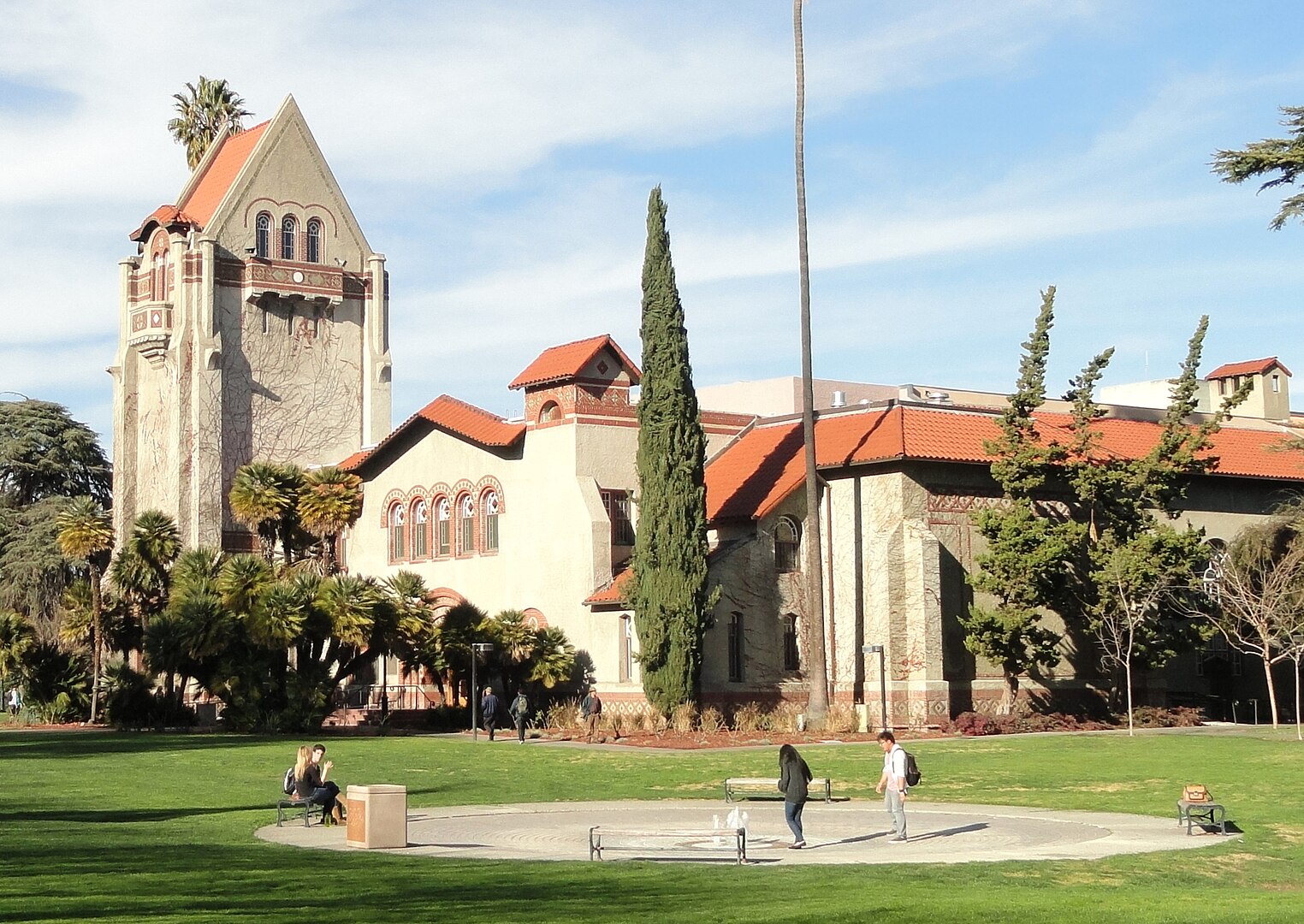
Initially, the bills were intended to create a process for those who had land stolen as victims of racism and slavery while receiving a formal apology from the state.
The newer drafts of the bills proposed sending $6 million to California State University in order to study how to best implement a strategy to begin the reparations process based on insight from a state task force.
Bill Hesitations
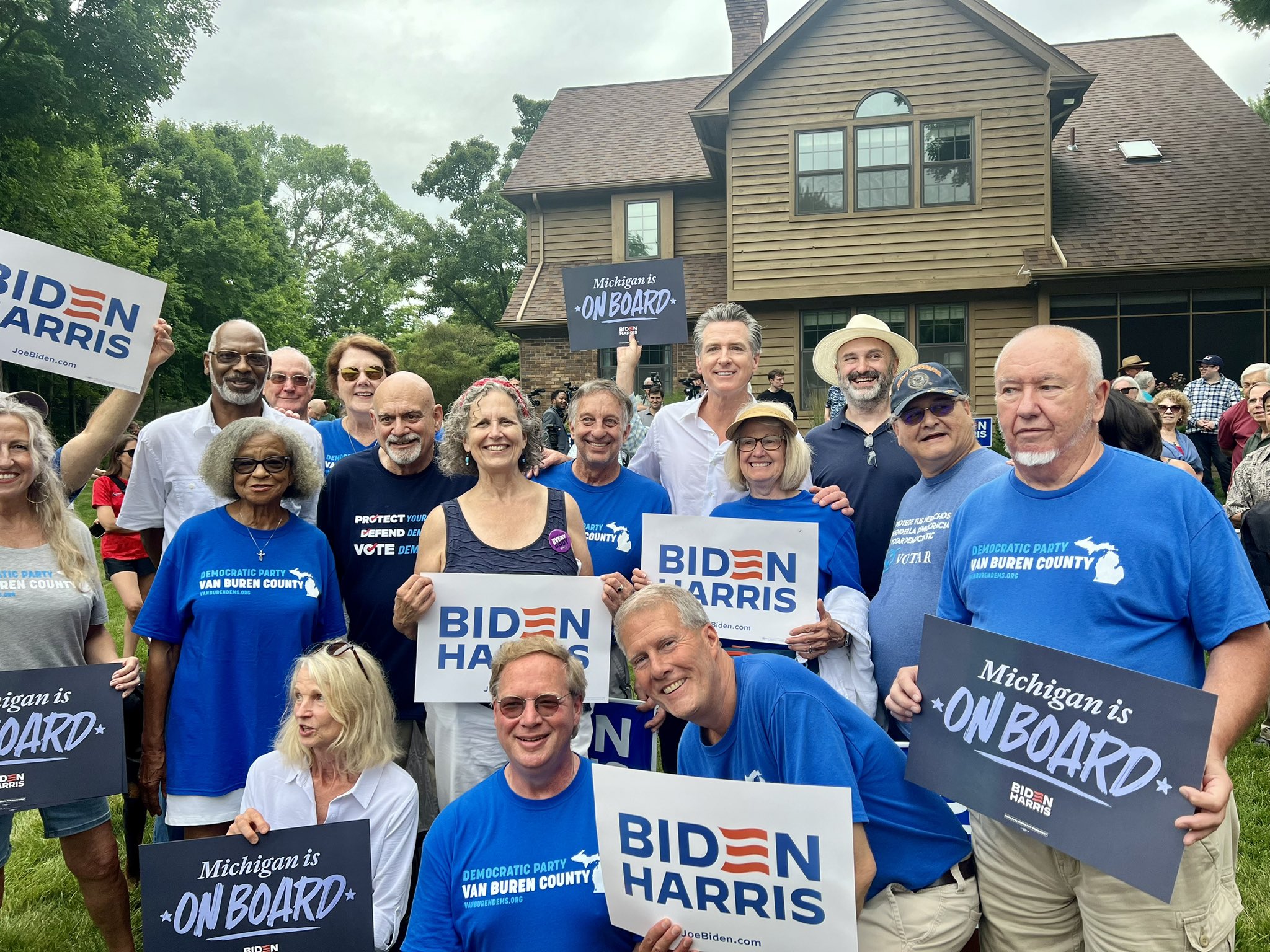
Newsom had previously earmarked $12 million for reparations-related initiatives showing his support for the idea of reparations.
While assembly members were unable to confirm if the requested changes caused the bills to be killed, during the heated debates of the bills, some assembly members argued about where the money for the project would come from and how eligible candidates would be identified for receiving payments.
Confirming the Drafts
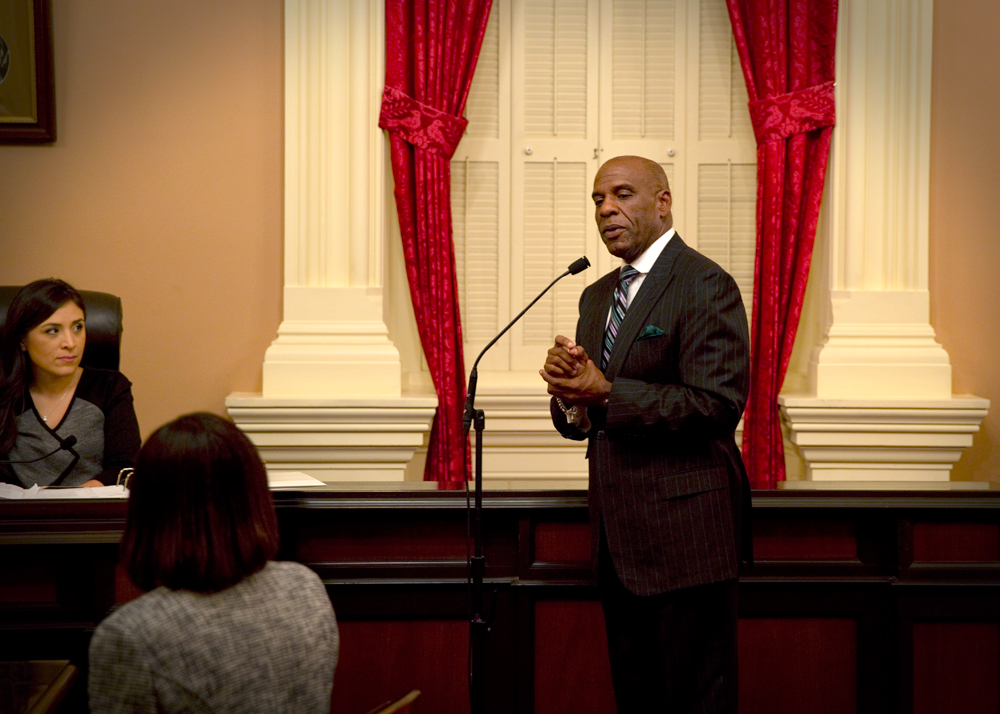
The new drafts of the bills were confirmed by author Bradford who stated they did come from Newsom’s office.
In conversation with reporters Bradford claimed that costs were a deciding factor in killing the bills. This year California was forced to make $16 billion in cuts which included a flat 7.95 percent reduction in all state agencies funding.
“Eliminate the Racial Wealth Gap”
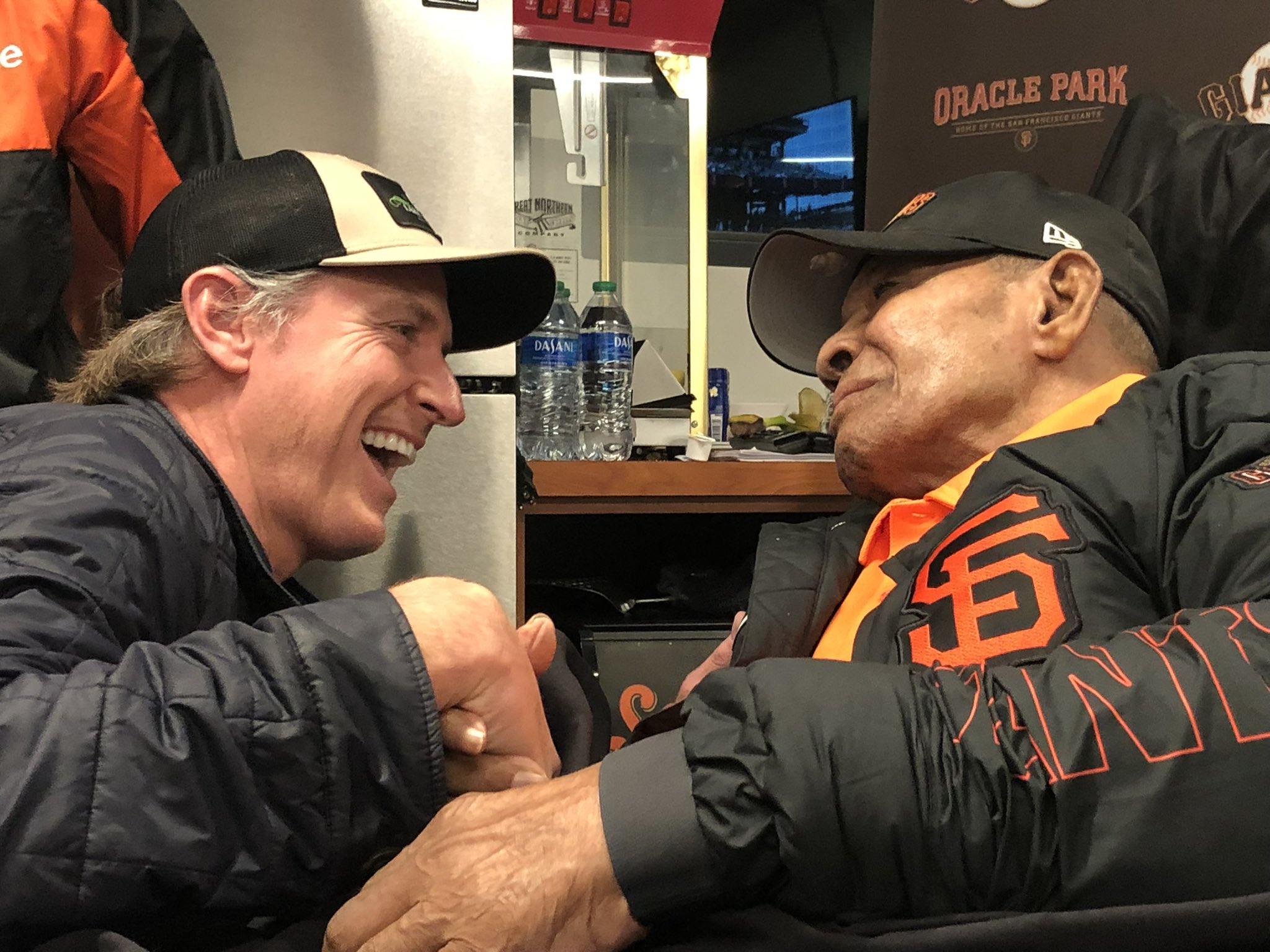
A federal bid of $14 trillion is being sought after in Washington by lawmakers in an attempt to “eliminate the racial wealth gap” between Black and white Americans.
Critics have argued that payouts to chosen individuals would create divisions in society.
Last year a survey of 6,000 registered California voters showed only 23 percent were in favor of cash reparations while 59 percent were against the idea.
